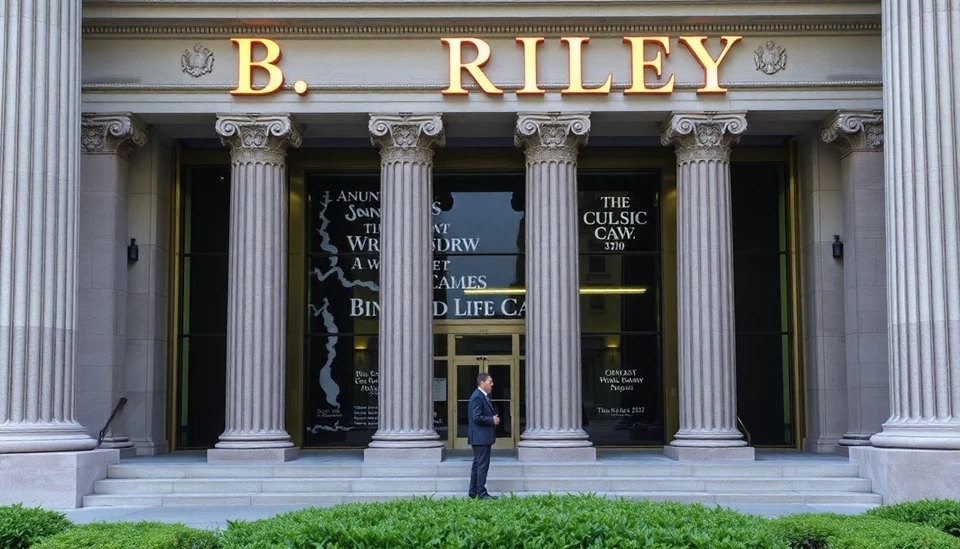
In a significant legal move, B. Riley Financial Inc. has initiated a lawsuit against its former head of banking, Michael C. J. Tully. The firm accuses Tully of misappropriating sensitive trade secrets during his time at the company, raising substantial concerns about the breach of confidentiality and professional ethics within corporate environments.
The lawsuit was filed in a federal court in California, asserting that Tully, who left the company earlier this year, allegedly took proprietary information that was vital to B. Riley’s operations. Specifically, the firm claims that Tully downloaded crucial data related to potential mergers and acquisitions, as well as customer lists, just before his departure.
B. Riley's allegations state that Tully's actions not only violated his contractual obligations but also jeopardized the competitive standing of the financial institution. The firm is seeking both compensatory and punitive damages, along with a court order prohibiting Tully from utilizing any of the alleged misappropriated information.
According to B. Riley, Tully’s conduct has had immediate ramifications on their business, including disruption to current client relationships and potential future deals. The firm emphasized that maintaining the confidentiality of its trade secrets is pivotal to ensuring its operations and strategy remain competitive in the investment landscape.
This legal battle underscores a broader trend in the financial services sector, where trade secrets and proprietary information are invaluable assets. Companies are increasingly taking steps to protect their intellectual property as competition heats up in the industry. B. Riley's action serves as a reminder of the potential consequences employees may face when they breach trust, particularly in high-stakes environments.
The case is poised to attract attention not only for its implications on corporate ethics but also for its potential impact on the regulatory landscape of the financial services industry, where the safeguarding of trade secrets is essential to fostering innovation and maintaining investor confidence.
The lawsuit against Tully is set to unfold in the coming months, and it remains to be seen how the courts will rule on these allegations. Observers in the finance and legal sectors will be closely monitoring the proceedings, particularly for insights on how the court interprets trade secret laws in the context of employment relationships.
As this high-profile case evolves, the financial world will be watching to see how B. Riley navigates this challenge and what ramifications might arise for Tully and other professionals in the banking sector regarding trade secret protections and employee conduct.
#BRiley #MichaelCTully #TradeSecrets #LegalBattle #FinancialServices #CorporateEthics #BusinessNews
Author: Victoria Adams




